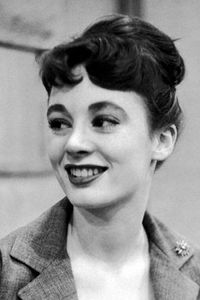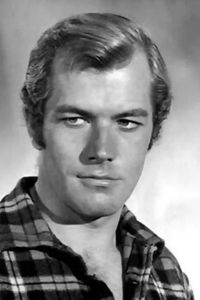Sandra Church, a talented actress and singer, was born in San Francisco and went on to have a moderately successful career playing ingénues on stage between 1954 and 1961.
Her early life was marked by tragedy when her father, Charles Joseph Church, passed away when she was just two years old. Sandra spent the next three years living with her aunt and uncle in San Jose, California. As a child, she had aspirations of becoming a ballerina or pianist, but her mother, a registered nurse, had other plans.
At the age of five, Sandra's mother took her to Hollywood with the intention of turning her into a child star. She was educated at private schools, including the Catholic Immaculate Heart High School in Los Angeles. During her time at school, she was taken out of classes to audition for the role of Madge in William Inge's play Picnic on Broadway.
Sandra's professional acting career began in 1953, touring several American cities with the cast of Picnic before returning to New York. In between performing gigs, she worked as a stand-in for actresses at NBC, earning a respectable $25 an hour. She honed her acting skills under Lee Strasberg and appeared in an off-Broadway production of Uncle Vanya.
On Broadway, Sandra had several ingénue roles, including Betsy Dean in Holiday for Lovers and Gypsy Rose Lee in 1959. She auditioned five times for the role of Gypsy, ultimately winning out over Suzanne Pleshette. To learn the 'tripper's walk' for the role, Sandra hired a stripper named Torchy for ten dollars an hour.
In 1960, Sandra appeared again on Broadway as the female lead opposite Dean Jones in the sex comedy Under the Yum Yum Tree. Her screen career was somewhat desultory, mostly comprising occasional guest spots in television anthologies. Her one notable appearance was as Marlon Brando's on-screen wife in the political drama The Ugly American in 1963.
Sandra's personal life was marked by her marriage to Broadway producer Norman Twain in November 1964. Following her marriage, Sandra Church faded from the scene and was little heard of thereafter.












